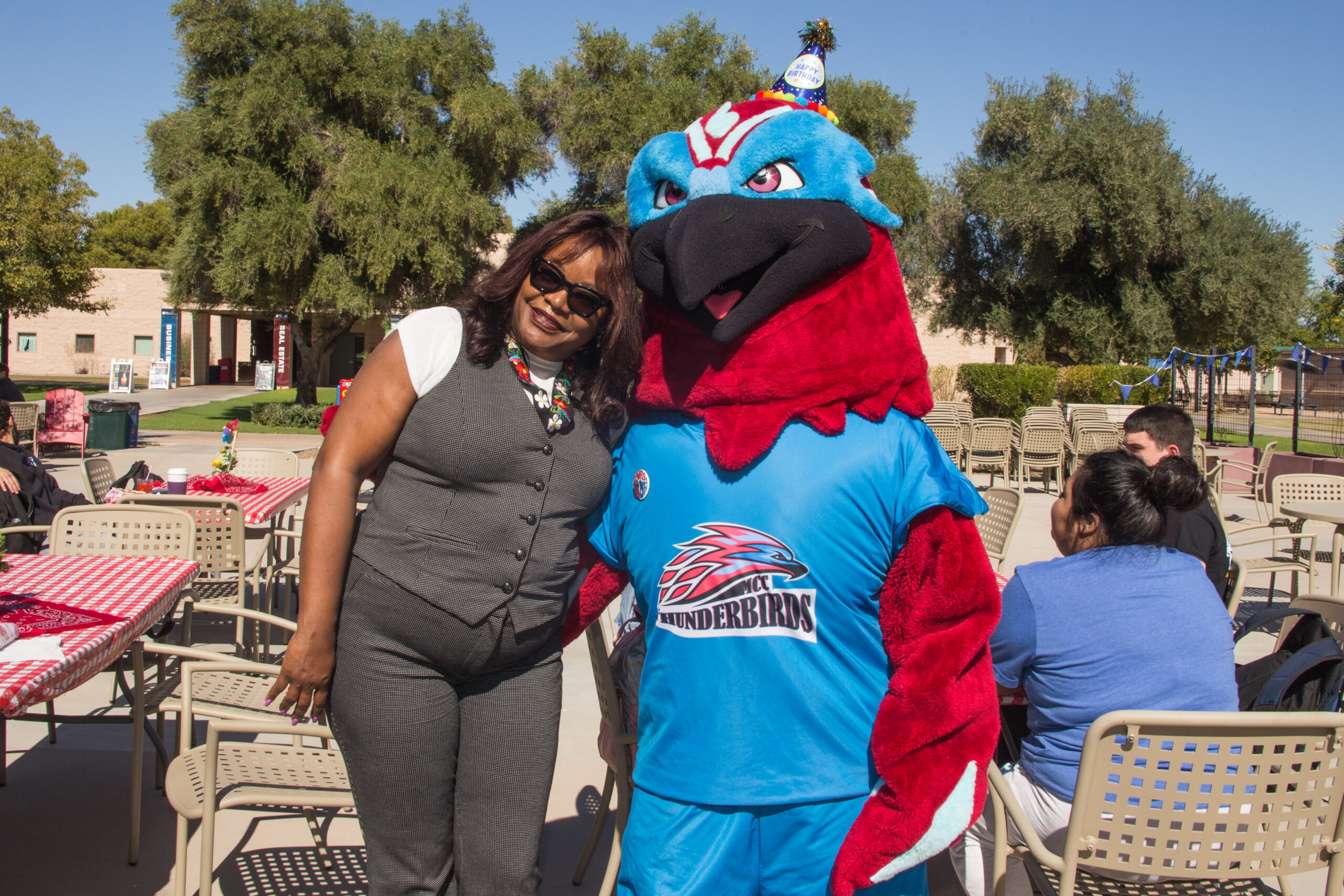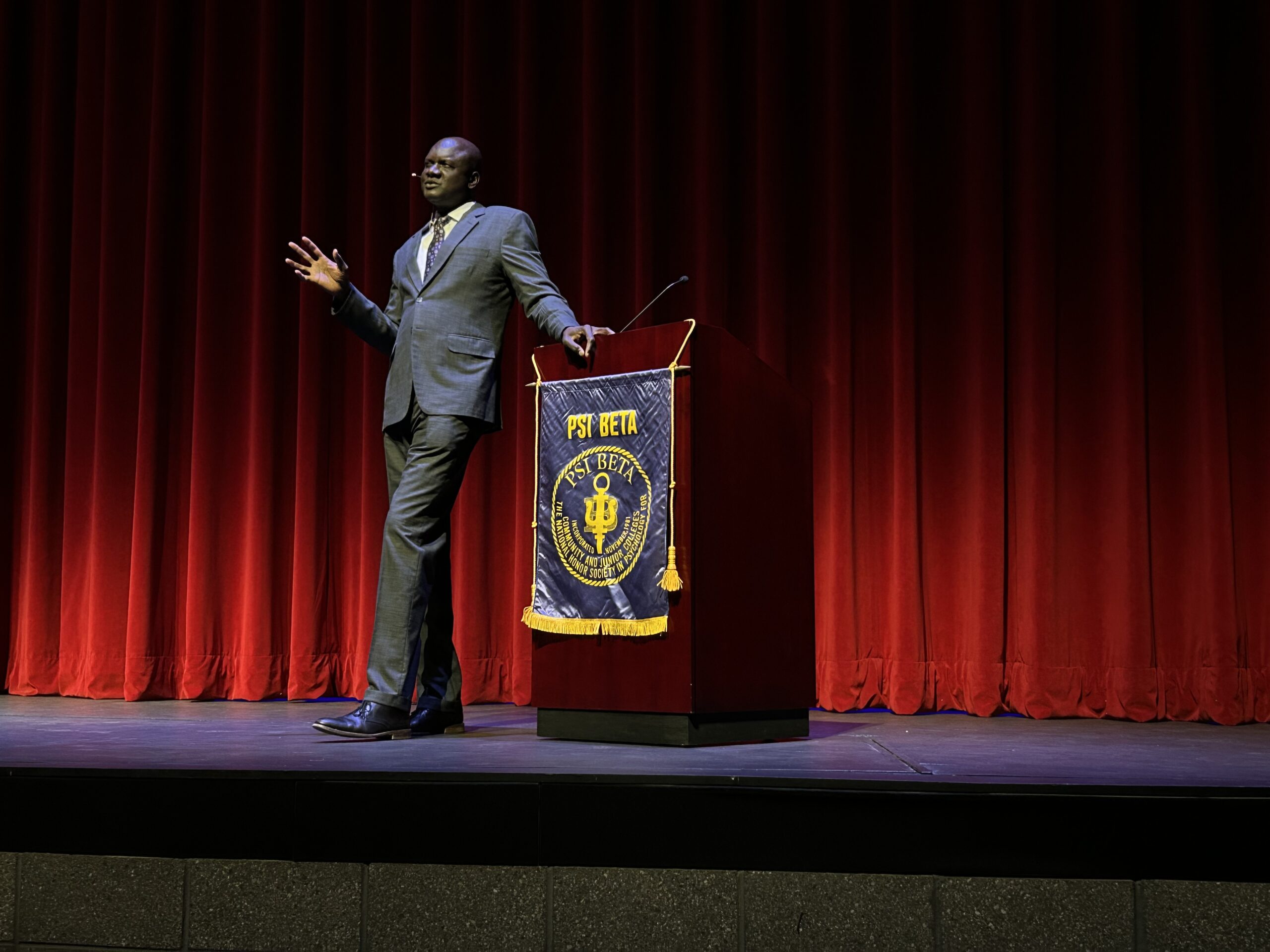Funding America’s Education
According to the National Center for Education Statistics, the United States spends more per student on primary and secondary education than the average developed country. Yet standardized test scores and international measures continue to rank the U.S. lower than other similar countries.
The United States needs to reform its education system and I don’t believe cutting billions of dollars from the budget is the right way to go about that.
Even so, “A Budget for a Better America,” the recently released 2020 federal budget, states funding for the Department of Education will decrease by $8.5 billion, or 12%, for next year.
These decreases fall in line with the Trump administrations “government is business” mentality and include: budget decreases to programs deemed ineffective, heavy reliance on states funding to pick up slack and the continued privatization of public education.
Conservatives argue the misappropriation of funds mixed with government incompetence demands public education integrate with private business.
Progressives argue the opposite, that there aren’t enough resources on the local level to combat underfunded and overworked educators, and that privatization would only force at risk communities to live with ineffective institutions.
There is truth in both arguments. Still, our continued inability to reform forces me to believe that the real obstacles within our education system have yet to be touched by popular politicians.
To shed some light on what I’m suggesting, here’s a quote from the founder of public education in the United States, Horace Mann. “A teacher who is attempting to teach without inspiring the pupil with a desire to learn is hammering on cold iron.”
The problem with American education isn’t money, it’s passion. Education isn’t a car, it isn’t something you can manufacture or perfect. Education is an individual journey that involves passion, dedication, and mentor-ship.
So why are we still talking about funding?
When I was a kid I excelled in grammar studies. It wasn’t due to some heroic and dedicated teacher or some form of genius, it was from playing video games and watching cartoons.
I spent hours in front of a television screen seriously in tune with the media that was presented before me. I was passionate, engaged in the fantasy worlds that wanted to teach me every little detail about how and why they worked.
I was invested in understanding their world because I was excited about the potential outcomes should I do so. It wasn’t business, it was personal.
It was in those fantasies that I learned how to speak. It was there I began to piece together law and order in my own reality. Due to my passion for media, I started to excel in school.
Without passion inside American education, will there ever be hope to compete in an evolving global market? Sure, American students may have access to more resources than their third world counterparts, but does our society encourage learning?
Outside of money or politics or reputation, what personal reasons do students have to sit in a room and get talked at?
Education should open doors. It should better someone’s life in ways that are separate from their career. It should advance not only a child’s relationship to society, but should empower that child’s ability to interact in the world around them.
If we cannot understand that the problem with American education isn’t with its funding, but with its fundamental motivators, then we will never be able to make the reforms everybody can agree we need.









